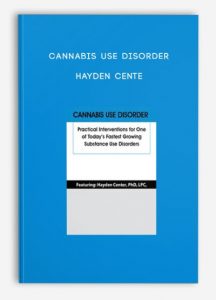
Cannabis Use Disorder – Hayden Cente
Description:
As a mental health clinician, you’re more likely than ever before to have clients who use marijuana and cannabis products.
And while the last decade has seen a cultural shift toward acceptance of marijuana use, cannabis has significant addictive potential that you can’t afford to overlook as a mental health clinician. Cannabis Use Disorder can exacerbate your clients’ mental health problems as they self-medicate to avoid uncomfortable emotions, thoughts, and memories.
Even if addiction isn’t the focus of your practice, you need to be prepared when your client’s use of marijuana and cannabis products goes too far!
Watch this seminar and you’ll get:
Tools and tactics to identify Cannabis Use Disorder in your clients
Techniques for successfully treating co-occurring disorders with marijuana users
Evidence-based approaches to manage cannabis withdrawal symptoms
The latest on Medication Assisted Treatment
Ensure you’re confident in your ability to provide your clients’ the best care possible and ready to navigate the ever-changing impacts of drug use on your work!
Outline:
Effective Approaches to Marijuana Cessation
Prevalence of marijuana use
Modes of intake
Potency
Pharmokinetics
The Impact of Cannabis Use Disorder on the Brain
Brain centers – the relationship between brain centers and pain
The pleasure factor and the addicted brain
Differences from other substance use disorders
How chronic marijuana use changes the brain
Cannabis Withdrawal Syndrome (CWS)
Cutting edge research
Symptoms and course of withdrawal
Clinical screening tools
Techniques to lessen symptoms and reduce cravings
Psychotherapeutic Approaches to Treat Cannabis Use Disorder
Signs of marijuana use disorder and questions to ask
CBT – recent studies
Motivational Interviewing and Motivational Enhancement Therapy
Contingency management
12-step counseling
Family counseling
Adjunct approaches
Assessing and modifying treatment to ensure effectiveness
Research limitations and risks of psychotherapeutic approaches
Identify and Treat Co-Occurring Disorders When Marijuana is Involved
The impact of co-occurring disorders on treatment outcomes
Primary disorders vs. substance-induced co-occurring disorders
Screening procedures and tools
Questions to ask
Recording results
Safety issues
Trauma history
Validity in co-occurring treatment research
Risks associated with co-occurring treatment options
Medication Assisted Treatment (MAT)
Medications that are being used in current trials
Limitations of research and potential treatment risks
NLP online course
So what is NLP?
Firstly, NLP stands for Neuro-Linguistic Programming. Secondly neuro refers to your neurology;
Thirdly linguistic refers to language however, programming refers to how that neural language functions.
As a result,In other words, learning NLP is like learning the language of your own mind!
Moreover, NLP is the study of excellent communication–both with yourself, and with others.
It was developed by modeling excellent communicators and therapists who got results with their clients.
NLP is a set of tools and techniques, but it is so much more than that.
In conclusion, It is an attitude and a methodology of knowing how to achieve your goals and get results.


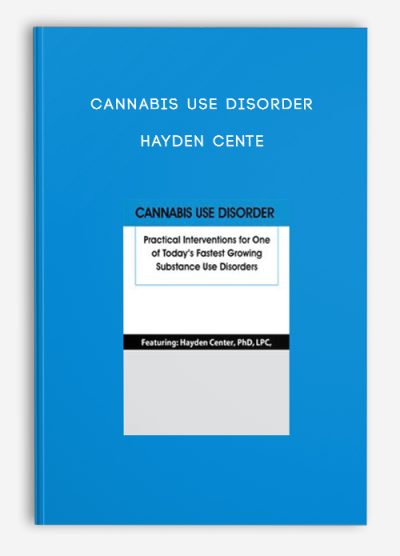
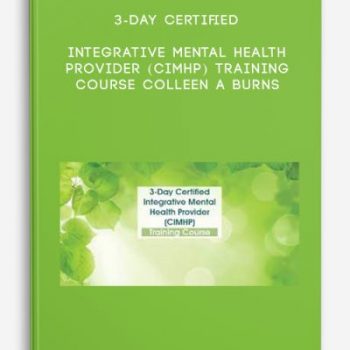
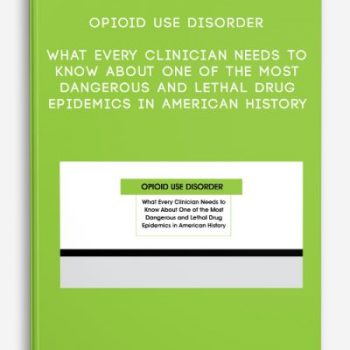


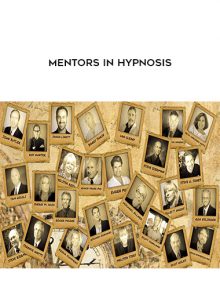

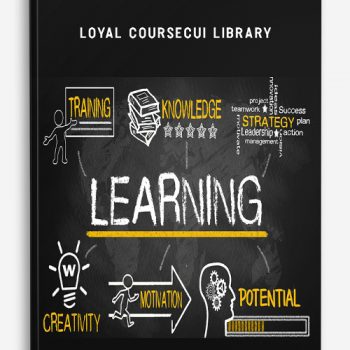
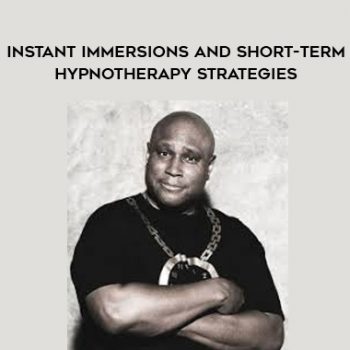
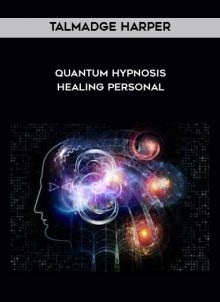
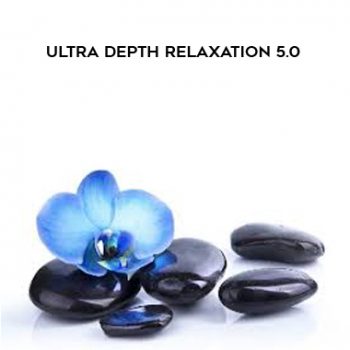
tristian –
This is Digital Download service, the course is available at Vincourse.com and Email download delivery.